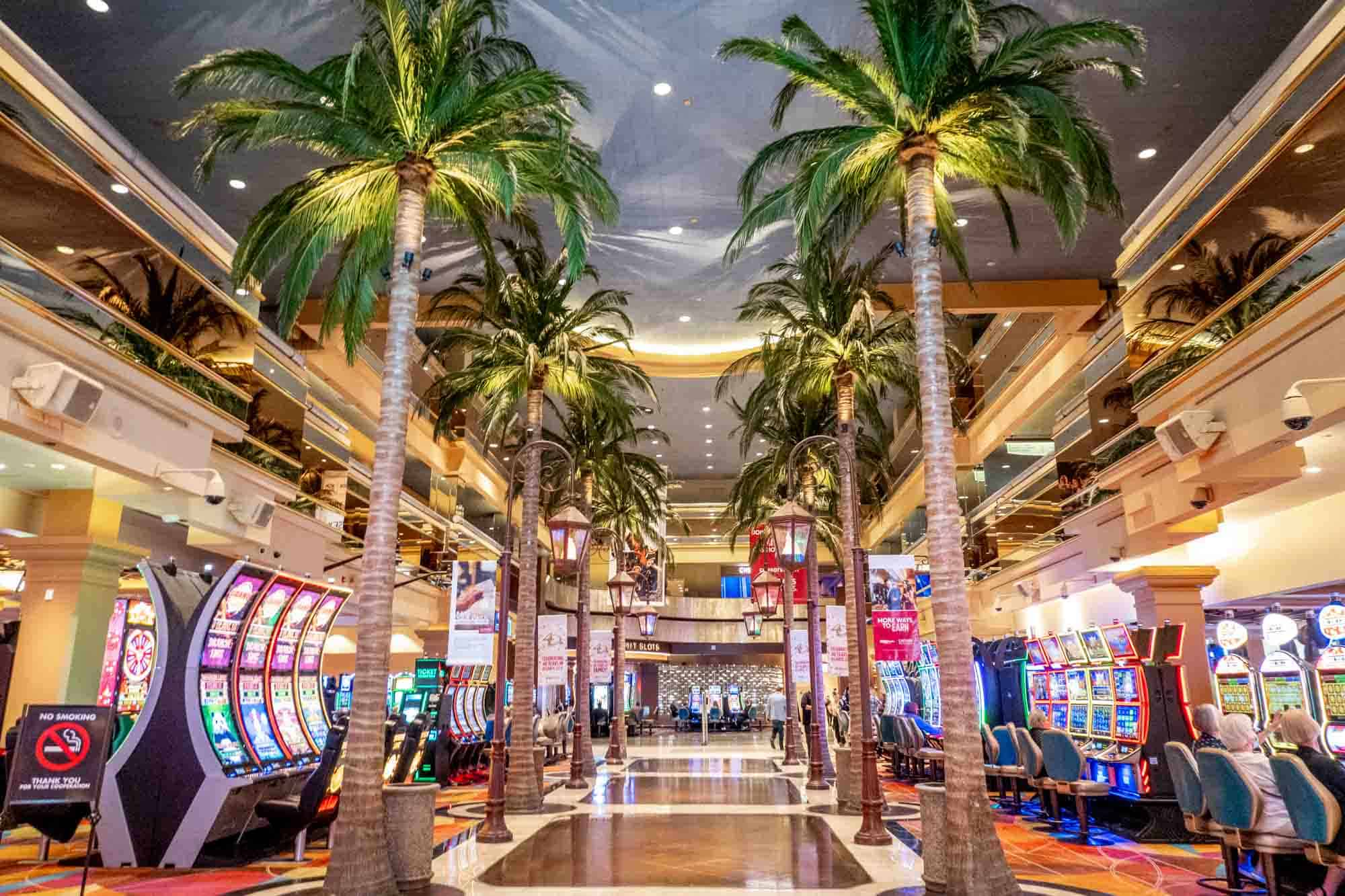
Casino gaming has long been a topic of interest and controversy, drawing in millions of players around the world. With a mix of chance, skill, and the thrill of risk, casino games offer an exhilarating escape from everyday life. However, as entertainment becomes ever more available, it invites a more thorough examination of the morality surrounding these games.
At the heart of the discussion lies the issue of whether casinos promote safe gambling or take advantage of at-risk individuals. The allure of potential winnings versus the reality of losses can create a complex dynamic, and understanding this balance is crucial for both players and operators. As we delve into the morals of casino gaming, we will explore the responsibilities of casinos, the effects on society, and the measures that can be taken to foster a better gaming environment.
The Impact of Casino Gaming on Society
Gambling in casinos has a significant influence on societal dynamics, affecting not only the financial landscape but also interpersonal dynamics and community structures. The income generated from casinos can lead to job creation and boost local economies, as they provide numerous employment opportunities in multiple fields including food and beverage, entertainment, and shopping. However, while the financial benefits can be substantial, communities often grapple with the potential negative impacts that arise from increased gambling activity.
Additionally, the presence of casinos can lead to an increase in gambling addiction, presenting serious challenges for players and families. The thrill of casino games can quickly transform into a compulsive habit, affecting connections with others and leading to monetary issues. Many individuals may find it difficult with the loss of control over their gambling habits, resulting in a need for assistance programs and help to address this growing issue. The social cost of addiction can extend through kinships and neighborhoods, creating an urgent need for sensible gambling approaches.
In addition to the economic and social consequences, casino gaming often reflects cultural attitudes towards risk and entertainment. It can encourage a sense of joy and leisure, attracting tourists and boosting tourism. However, this allure may also mask the broader implications of gambling as a method of entertainment, raising ethical questions about its advertisement and availability. As communities weigh the benefits and disadvantages of casino gaming, the need for responsible practices and oversight becomes increasingly critical in ensuring that the positive aspects are enhanced while reducing the negative effects.
Moral Concerns in Gambling Practices
The ethics of gambling gaming often revolve around the risk for addiction and its consequences on individuals and households. Betting can lead to significant financial distress, impacting not only the gamblers but also their loved ones. As individuals become entrapped in the allure of winning, many lose sight of their budget, which can result in catastrophic outcomes such as insolvency. This raises ethical questions about the responsibility of gambling establishments in promoting responsible gaming practices and providing support for those who may be struggling with gambling addiction.
Another major concern is the advertising of gambling to vulnerable populations. Casinos often target low-income individuals or communities with the offer of fast gains, which can continue cycles of poverty and hopelessness. In this context, the morality of advertising strategies used by gambling establishments come under examination, as they may exploit the need of individuals seeking an way out from economic troubles. https://78win1.dev This exploitation raises ethical questions about the integrity of the betting industry and its responsibility to protect its most vulnerable customers. 78WIN01
Additionally, the effect of gambling operations on the community as a entirety cannot be overlooked. While some argue that casinos create jobs and stimulate local economies, others point to the social costs associated with problem gambling, increased criminal rates, and a strain on public services. Balancing financial advantages with the potential for community issues presents a challenging moral dilemma for policymakers and gambling operators alike. The challenge lies in discovering a ethical approach that prioritizes the welfare of people and communities while still allowing for the enjoyment of gambling gaming.
Oversight Structure and Obligations
The regulatory system pertaining to casino operations is designed to ensure fairness, honesty, and gambler security. Various government entities and casino commissions create and implement regulations that dictate how gaming activities operate, the criteria for product creation, and the protocols for processing rewards. These regulations differ by locale but typically involve permit requirements for businesses and rigorous measures to stop deception and dishonesty.
In addition to oversight bodies, gaming operators bear considerable duty in upholding principled standards within their venues. They must implement safe gaming practices that promote participant security and awareness, including providing self-exclusion options and providing information about the hazards related to gaming. Establishments are also obligated for educating workers to recognize signs of problem betting and understand the correct measures to support visitors in need.
Additionally, clarity in gambling operations is essential for building and preserving public confidence. Gaming establishments should present clear data about the probabilities of activities, marketing deals, and any related dangers. By creating an atmosphere of integrity and accountability, gambling establishments can help lessen the likelihood negative impact of betting while enhancing the general betting experience for all participants.